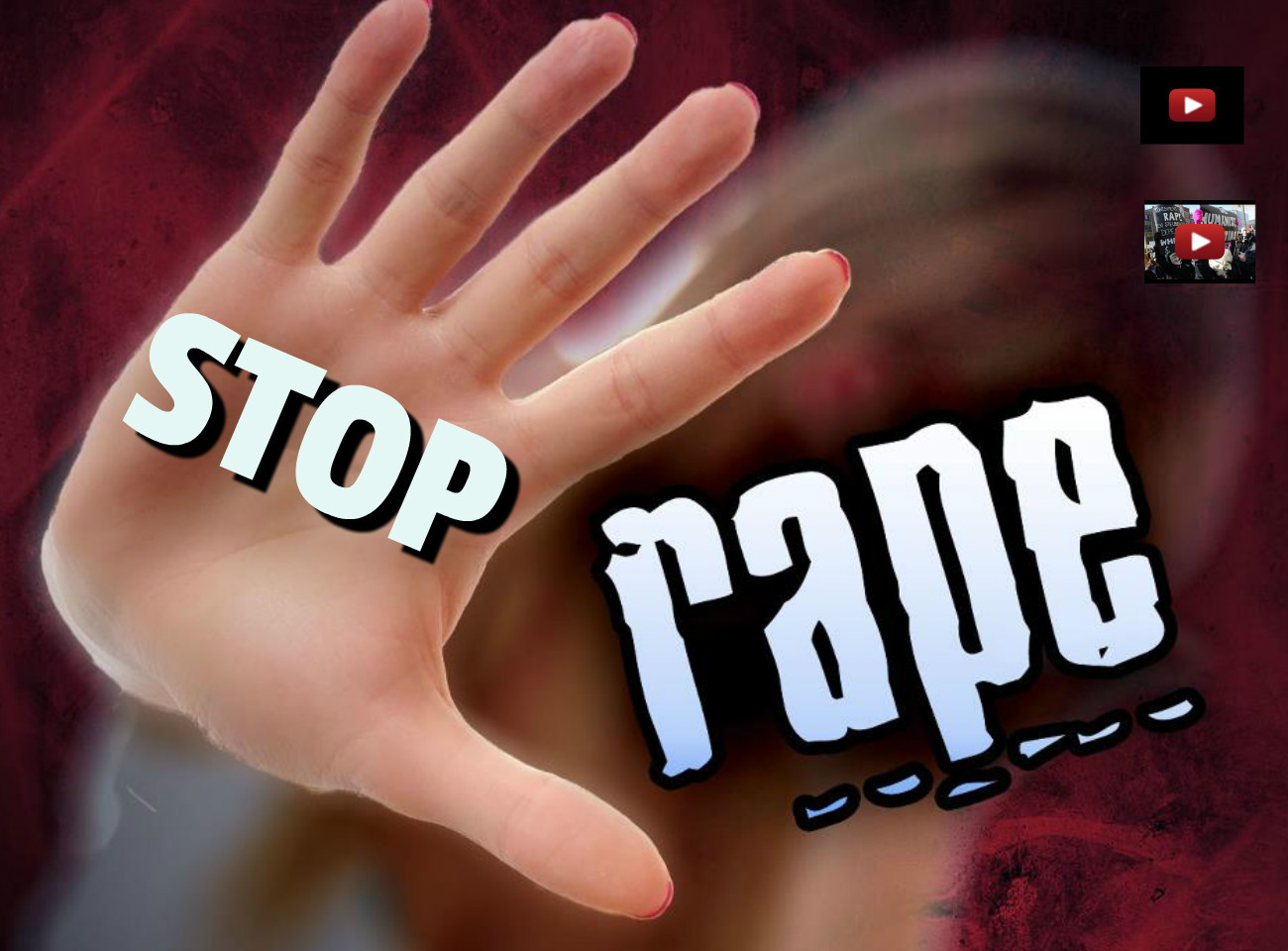[dropcap]N[/dropcap]igerian women live in fear and apprehension every day of their lives. At a young age, girls are taught to cover up our seductive parts of the body and subjected to a regimented life so as not become a victim of rape but the perpetrators defied all measures known to man.
“Cover up, do not show skin or dress ‘provocatively’ so that you don’t lure the men” but the baby girl who can’t walk, the hijabi and the elderly woman who can barely stand up straight got raped too. Nowhere is safe. Not your home, classroom, workplace, market, church or the mosque. To visit your male friends is not safe. No time of the day is safe- not daytime, not nighttime.
The recent cases of 22-year-old Uwa who was raped and murdered in church and 12-year-old Hijab dressed Barakat who was gang-raped, are evidential proofs that rapists are no respecter of age, dressing, place, time or day. No woman is safe. Hashtags after hashtags, social media campaigns after the other, protests after protests and victim after victim, all these couldn’t end rape.
Our society has a glorified rape culture and it is inherent in every aspect of our lives. From boys trying to “tap current” in secondary schools, to university boys drugging drinks of their female counterparts, to market men inappropriately touching female shoppers and comedians making distasteful skits and jokes about sexual harassment and rape.
The untold health and emotional implications of rape do not bother the rapists. The study by Kilpatrick “the aftermath of rape: recent empirical findings” found that 31% of rape victims develop PTSD and 45% of rape victims become moderately or severely depressed and suicidal. These victims experience sleeping disorders, eating disorders, dissociation, panic attacks, substance abuse- when does it end?
While there is no consensus data on the rape cases in Nigeria, UNICEF reported in 2015 that 1 in 4 girls in Nigeria had experienced sexual violence before the age of 18.
According to the UN, Approximately 15 million adolescent girls (aged 15 to 19) worldwide have experienced forced sex (forced sexual intercourse or other sexual acts) at some point in their life.
In Nigeria, victims of rape and sexual assault do not report their cases due to the following reasons: fear of police extortion and a lack of trust in the judicial process, inadequate support systems, shame, fear or risk of retaliation, fear or risk of being blamed, fear or risk of not being believed, fear or risk of being mistreated and/or socially ostracized. Victims are blamed for their dressing, being at the wrong place at the wrong time, or accused of making up claims of rape by the police. When does it end?
And because most victims are not reporting their rape cases, they are not getting the necessary medical attention to prevent diseases and unwanted pregnancies.
In Nigeria and everywhere around the world, rape cases are severely underreported. In 2017, the Nigeria Bureau of Statistics reported that 2,279 cases of rape and indecent assault were reported and 0 convictions were reported by the police.
In the US according to the National Crime Victimization Survey conducted by the Justice Department, out of every 1000 cases of sexual assault, only 230 (23%) are reported to the police.
In the United Kingdom, official statistics on sexual violence released by the Ministry of Justice, Office for National Statistics, and Home Office revealed that only about 15% of people who experience sexual assault report to the police. About 0.7% of rapes and attempted rapes end with a felony conviction for the perpetrator.
We all have a role to play in the fight against sexual abuse and rape of women in our society. We must provide a safe space for victims to be able to speak up and report their rapists and abusers. We must hold our friends and brothers accountable, we must stand and speak up against injustice. We must continue to create awareness and educate our people about the evil and gross human rights violation that is rape.
We must continue to talk about all the preventive measures and self-defense tactics for women until there are decisive domestic laws on violence against women. Until we start seeing perpetrators in handcuffs and behind bars, nothing will change.
We need our politicians, leaders, and lawmakers to be on our side. We need to see policies and laws against sexual harassment, rape and abuse strengthened and put into effect. The Nigeria police need to be adequately empowered in order to be able to protect and defend our people.
As long as women’s rights and freedom remain unaddressed, nothing will change. Until our justice system stands up in the defense and protection of our girls and women, Nigerian women will continue to live in fear and apprehension.
Chisom Omeokachie can be reached on [email protected]
The opinions expressed in this article are solely those of the author.+







